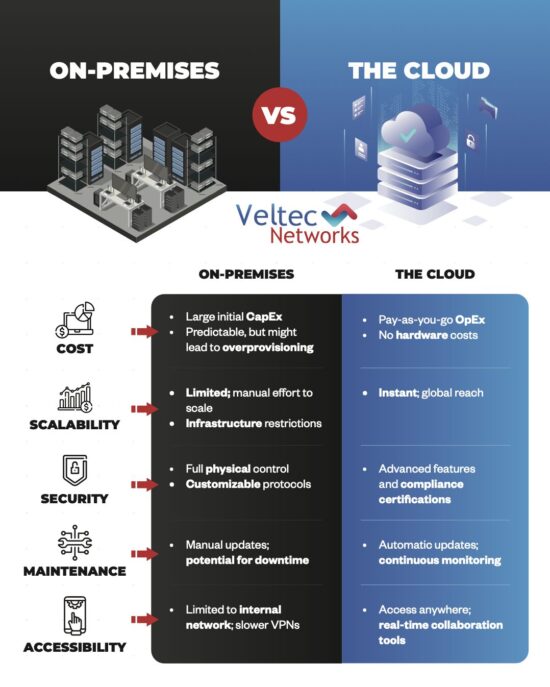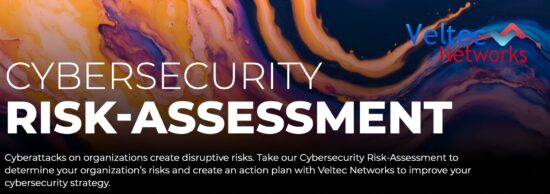What Does It Mean to be Compliant?
Businesses across all industries must abide by a particular series of regulations that govern how their businesses should operate. Many businesses have often found themselves on the wrong side of the law because they fail to meet and abide by these regulations.
According to a report, the cost of non-compliance exceeds the cost of compliance. The report states that the cost of compliance ranges from 0.8 to 21.56 million US Dollars, while the cost of non-compliance ranges from 2.20 to 39.22 million US Dollars. But what exactly does it mean to be compliant?
Check out our latest video to learn about being compliant:

What Exactly Is Industrial Compliance?
Compliance requirements vary depending on the location of the business and the industry in which it operates. Some industries, such as the healthcare sector and financial institutions, are heavily regulated to protect client financial information and patient data from malicious actors.
Examples of these compliance regulations include:
- The Payment Card Industry Data Security Standard (PCI DSS): PCI DSS outlines the procedure all companies must follow when processing, transmitting, and storing a consumer’s debit or credit card information.
- The Sarbanes-Oxley Act (SOX): It requires all companies trading publicly to implement and report internal accounting controls to the SEC for compliance.
- The Health Insurance Portability and Accountability Act (HIPAA): This act prohibits the disclosure of sensitive patient data without their consent.
- The Federal Information Security Management Act(FISMA): It requires federal agencies to establish, document, and implement an information security and protection program.
In the Information Technology landscape, compliance regulations are designed to enhance data security by outlining businesses’ best cybersecurity standards.
What Is Cybersecurity Compliance: As the number of data breaches continues to increase, and each subsequent attack proves more severe, regulatory authorities are continually looking to establish more robust and effective compliance regulations.
Cybersecurity compliance involves establishing, documenting, and implementing policies and procedures that establish cybersecurity controls and measures that protect data integrity and confidentiality.
What Is the Cost of Non-Compliance? Companies that fail to comply with compliance regulations may face numerous repercussions such as fines, penalties, business disruptions, possible jail time, and a tarnished brand reputation.
How Can Your Business Embrace Cyber-Security Compliance? Is your company thinking of becoming cybersecurity compliant? The following steps will guide you through the compliance process.
- Determine the Data You Handle and What Regulations Apply to You: The data you handle determines the compliance regulations that your business needs to abide by.
- Appoint Compliance Experts: The compliance landscape comes with its complexities. To be cybersecurity compliant, you need relevant expertise. Your compliance officers should familiarize themselves with all aspects and departments of your business to help cover all conceivable areas of risk in the company.
- Conduct an Extensive Risk Analysis: Your compliance officers need to carry out a comprehensive evaluation of your current cybersecurity state to determine your security loopholes and the security measures that are already in place. They should then recommend security controls that should be modified or implemented to enhance data security.
- Implement Technical Security Controls: Once the risk evaluation is done, implement cybersecurity controls recommended by your compliance officers and those you should comply with.
- Formulate, Document, and Communicate a Compliance Policy: Having compliance policies in place will help reduce cybersecurity risks, enhance data safety, and ensure compliance. An internal compliance policy should be developed, documented, and communicated throughout your company.
- Track Compliance Regulations: The compliance landscape is always changing. For this reason, it’s vital to frequently review your systems and conduct tests to ensure that you remain compliant.
Are You Looking For an I.T. Partner To Help You With Compliance Issues?
At Veltec Networks, we offer years of expertise and experience in providing compliance solutions to San Jose and the Bay Area businesses.
Consult with us today to get familiar with compliance requirements that apply to you and ultimately become compliant.






